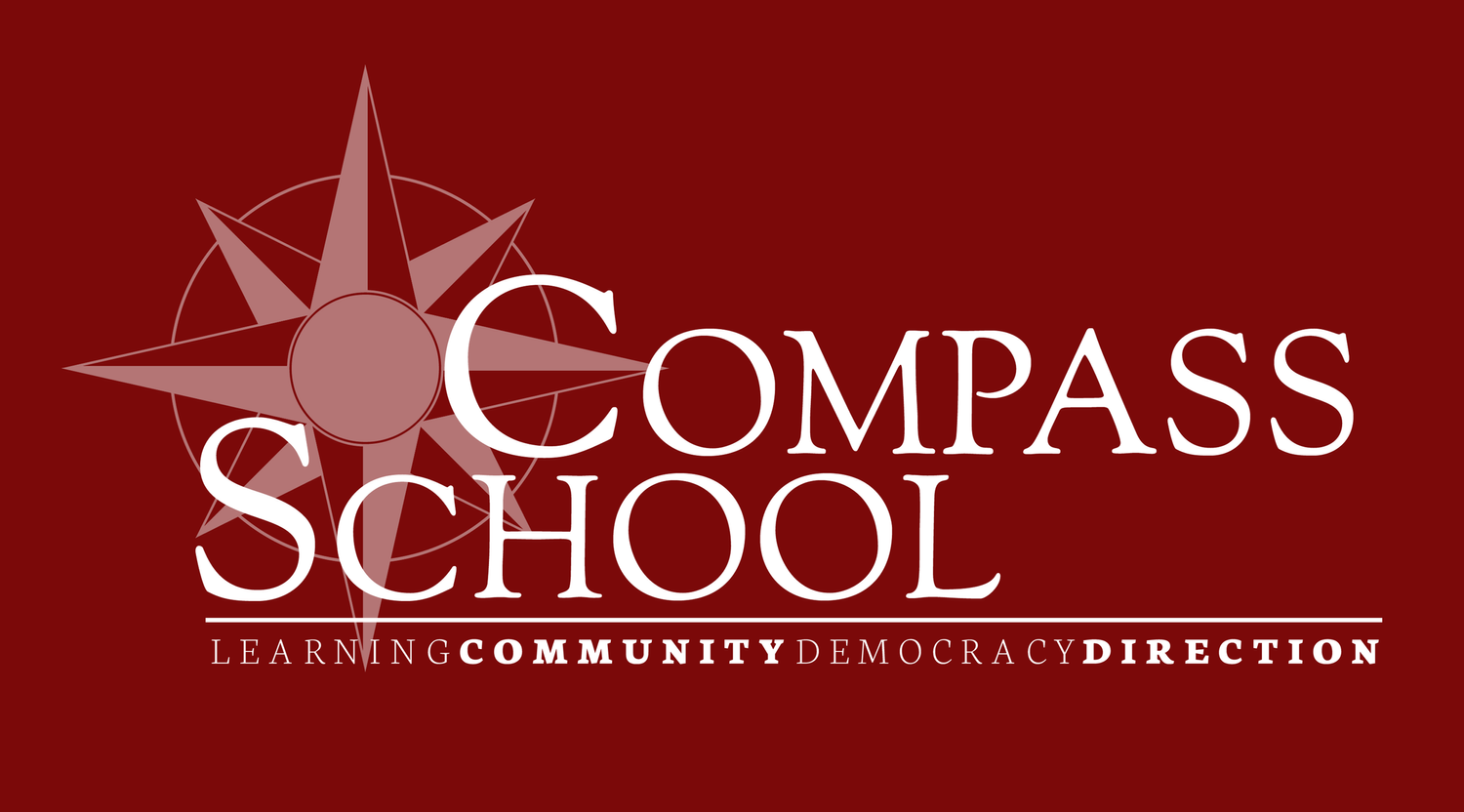What do Special Education Services and Support look like at Compass?
At Compass our goal is to guide all students to meet their potential in school and to ultimately become lifelong learners. The small size of our school allows students to learn and appreciate the attributes of their peers and teachers. This creates a close learning community where trust is ensured and healthy risks can be encouraged. Our flexible programming allows students to explore their interests and develop along their academic path. We understand that some students will need additional support to achieve the knowledge, skills, and attitudes to fully engage in all that Compass has to offer. Therefore, we offer multiple levels of support for our students.
Types of Services Provided:
Support Services offer small group and individualized programs depending on the needs of each student. Needs may vary, from requiring assistance with organization, time-management and study skills to needing specialized instruction in a basic skill area. A student’s needs are generally documented in an IEP, 504 plan or in previous cognitive and academic achievement testing. The goal, for all students, is to remediate and maintain both academic and study skills. In addition, learning objectives for tutorials include students identifying their individual learning styles and practicing self-advocacy skills in a safe and nurturing environment.
If a student classified under one of our approved categories is accepted, he or she will require additional support to meet academic expectations. The cost of these services is the responsibility of the parent or guardian. In addition, if the enrolled student’s educational team determines additional support is necessary for meeting and maintaining academic expectations, it is the responsibility of the parent or guardian to provide these services and pay for them. We will work with families on an individual basis to arrange for additional support services.
Compass School Support Services Levels
Compass School is licensed to provide support services, as well as specialized instruction, to students with Specific Learning Disabilities (SLD), other health impairment (OHI), emotional disability (ED), orthopedic impairment (OI), speech and language impairment (SLI) and high functioning ASD, as defined by the State of Vermont Department of Education. Compass School is not licensed to serve students outside of these categories.
* In order to receive Direct Instruction Services at Compass, students must submit diagnostic evaluations and other materials that describe their specific learning disability. These required diagnostic evaluations may include the Wechsler Adult Intelligence Scale (WAIS III or IV), accompanied by a narrative report and sub-test scores, and may require achievement testing (e.g., Woodcock Johnson) indicating current levels in reading, written language, and math.
** Case Management includes: periodic in-class support, classroom teacher communication regarding implementation of modifications and accommodations, special education file management and, in some cases, facilitating district communication.
Level 1
Directed Study (All students)
Group size: 8-12 students
Time: 55 minutes 4 times a week
Supports: Teacher directed study time
Level 2
Academic Support
Tutorial Size: 3-5 students
Time: 55 minutes 4 times a week
Supports: Case management** and attention to development of skills including:
Time Management
Organization
Study Skills
Periodic In-class Support
Additional Academic Assistance
Level 3
Direct Instruction*
Tutorial Size: 1:1 to 1:3
Time: Instructional time varies in accordance with student’s needs
Supports: All included in Level II and direct instruction in one or more of the following basic skill areas:
Oral expression
Listening comprehension
Written expression
Basic reading
Reading fluency
Reading comprehension
Mathematics calculation
Mathematics reasoning
Counseling Services
Students come to Compass with a variety of skills and challenges, similar to any middle and high school population. They may be struggling with short term concerns related to peer and/or family relationships, managing the desire for increased independence, or making healthy choices. A small percentage of any student population have more serious concerns such as learning issues, complex family systems, or poor coping skills which may lead them to engage in risky or harmful behaviors, or addiction.
In collaboration with parents and teachers, the counselor helps students identify problems that may be interfering with their learning or their healthy development. The counselor’s role is to then develop and carry out an intervention plan to address these challenges. A plan may include weekly, bi-weekly or as-needed check-in’s or meetings, meetings with parents, and consultation with teachers. The clinician will also counsel a family to seek more intensive therapy from an outside clinician when indicated.
The counselor is also available to support Compass parents by providing guidance and education individually, in small groups, and to support faculty in working with students.

